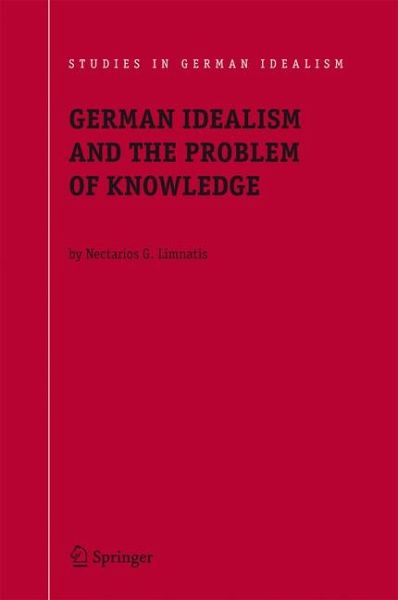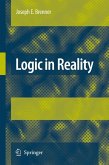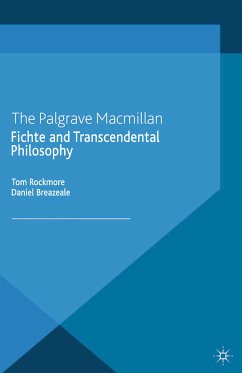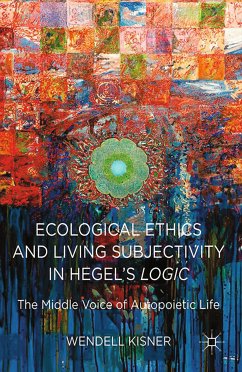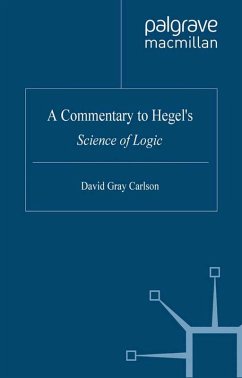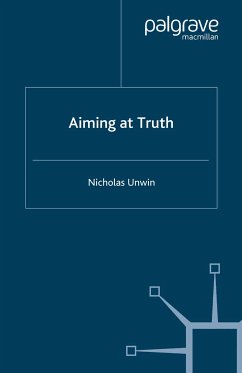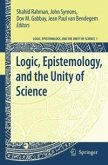Dieser Download kann aus rechtlichen Gründen nur mit Rechnungsadresse in A, B, BG, CY, CZ, D, DK, EW, E, FIN, F, GR, HR, H, IRL, I, LT, L, LR, M, NL, PL, P, R, S, SLO, SK ausgeliefert werden.
FIRST REVIEWER
This is a very important, well thought out, extremely well documented, useful, very intelligent account and analysis of the epistemological problem in German idealism in general. The German idealist approach to the problem of knowledge has increasingly attracted attention in recent years. This is the first effort at an overall account with detailed discussion of all the main figures.
So far as I know, there is nothing comparable to this book available in any language. It is therefore a kind of instant classic, which will attract attention from those interested in this problem or in a widespread account of some main features of the entire range of figures in German idealism. Limnatis knows his materials very well. What he has to say is interesting and important.
There is probably nothing comparable to Limnatis's work in the literature since Kroner, perhaps earlier. Someone like Cassirer would have been proud of this kind of book. In discussing German idealism in great detail, Limnatis calls us back to the origin of the problems that are now central in the contemporary discussion.
SECOND REVIEWER
....philosophically first-rate, original, much needed, and scrupulous in a genuinely daring way in its attempt to work through, philosophically, the central innovation of the tradition that runs from Kant to Hegel (and beyond), including, in a sustained and continuous way, an analysis of the contribution and limitations assigned to Kant, Fichte, Schelling, and Hegel chiefly. Efforts of this kind are extraordinarily rare and even more rare when informed by a commanding grasp of the accumulating scholarship and applied to all four figures. It seems more than reasonable to believe that the subsequent discussion of the issues Limnatis raises will have to come to terms with his range of scholarship and innovativeness.
...the overall impression....is one of unusual competence,breadth of reading, and dialectical skill (on the author's part), which justifies viewing his own contribution as a continuation of the classic discussion. That, I would say, is as grand a compliment as any contemporary author could hope for.
...Very skilful indeed - and very difficult to equal...
....a signal contribution to the literature.

